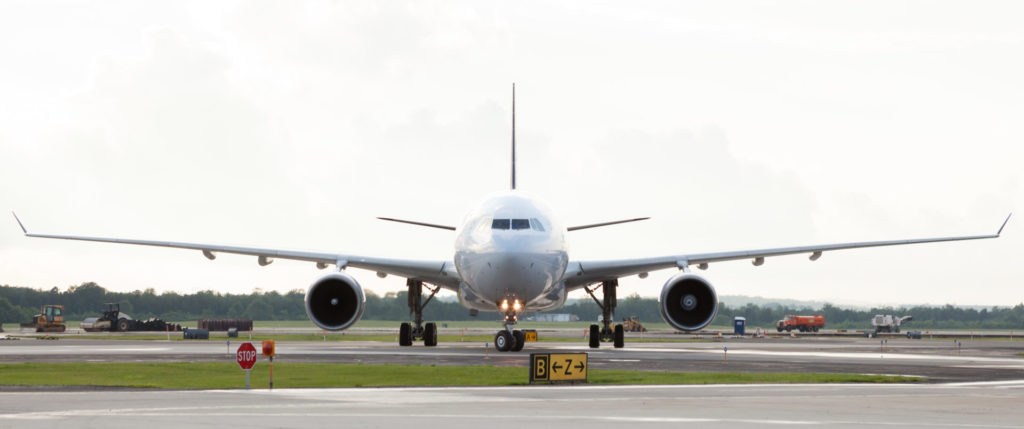The Belgian government’s plan for the rescue of Brussels Airlines would fall foul of the strict rules in the EU on state aid to industry, De Tijd reports from a first exchange of views on the subject.
In just a few days, according to its own calculations, Brussels Airlines will run out of money. All of its flights are cancelled for the time being, and staff on temporary unemployment, as a result of the coronavirus pandemic.
The airline came to the government for aid, with a package of measures that would cost €290 million.
The situation is complicated by the fact that Brussels Airlines is part of the Lufthansa Group, which includes airlines in Germany, Switzerland and Austria. The Belgian government is reluctant to hand over state aid to Brussels Airlines without clear guarantees that the money would be ring-fenced for Brussels Airlines alone, and not disappear into a giant Lufthansa pot.
The solution found by the government was for it to be given a seat on the Brussels Airlines board in return for the aid. That would ensure the government of a veto of any plan that went against Belgian interests.
Having previously ruled out any idea of giving any government a veto, Lufthansa CEO Carsten Spohr went into reverse, and indicated he would not oppose such a condition. Lufthansa has reached an agreement with the German government to receive €9 billion from Berlin, with no equity changing hands.
But Spohr’s lack of an objection is not matched by the EU, first approaches indicate.
The rules on state aid to industry require any aid measures to be temporary, and to have no disturbing effect on the market, the EU insists. That means the government may not use its aid to obtain better advantages than those open to private investors.
In addition, any aid plan must include an exit strategy for the aid package to run out in a maximum of six years.
The Berlin package for Lufthansa includes €9 billion of aid with no voting rights.
“What Belgium wants is the opposite,” one source close to the discussion told De Tijd. “We had hoped that the German deal would strengthen our negotiating position. But we’re not interested in capital without control.”
The government will continue to talk to the Commission to find out what is possible. In the meantime, either Brussels Airlines goes broke, or Lufthansa, with its own aid package in place, will bail out its subsidiary for the short term. But that is sure to come at a price.
Alan Hope
The Brussels Times

